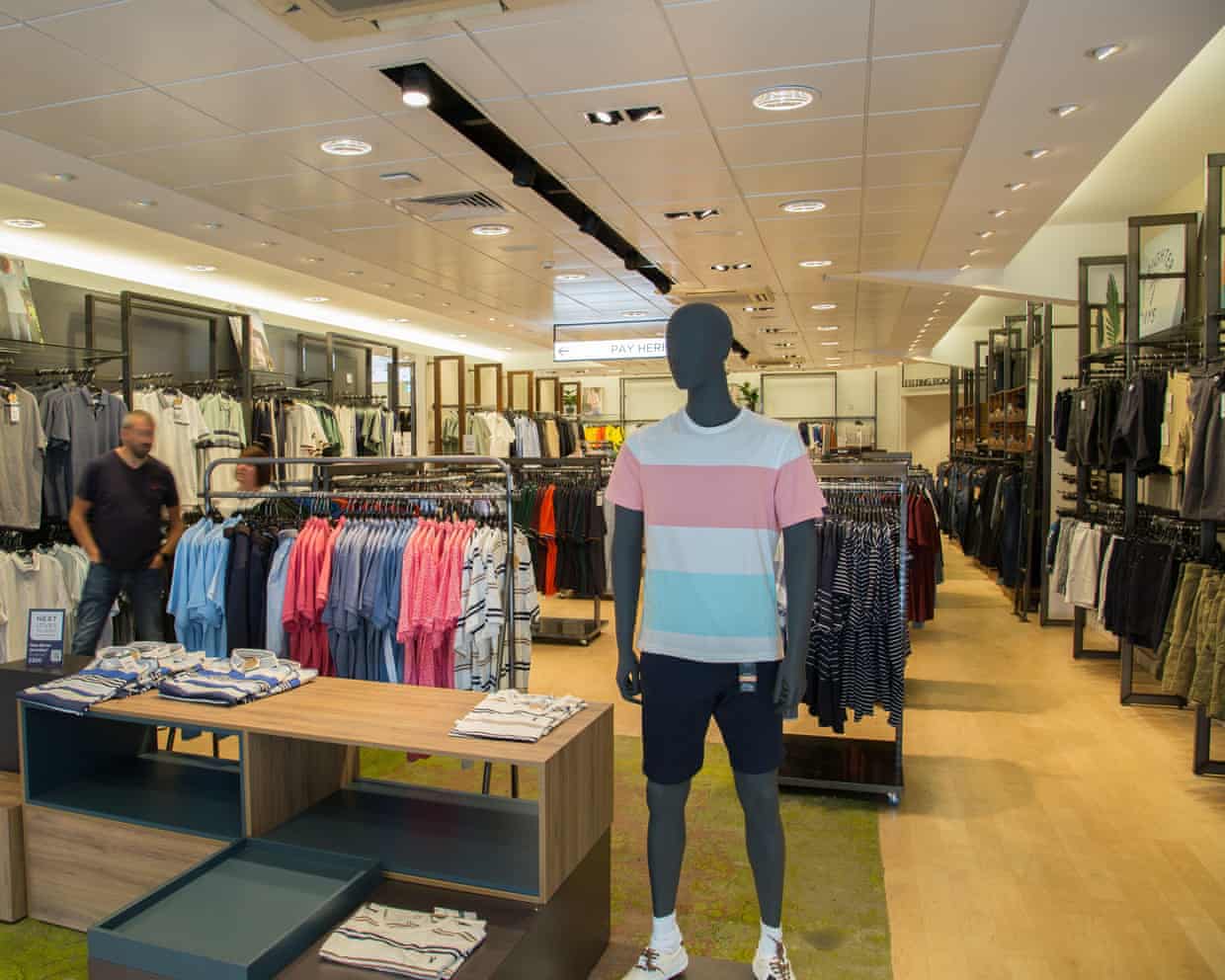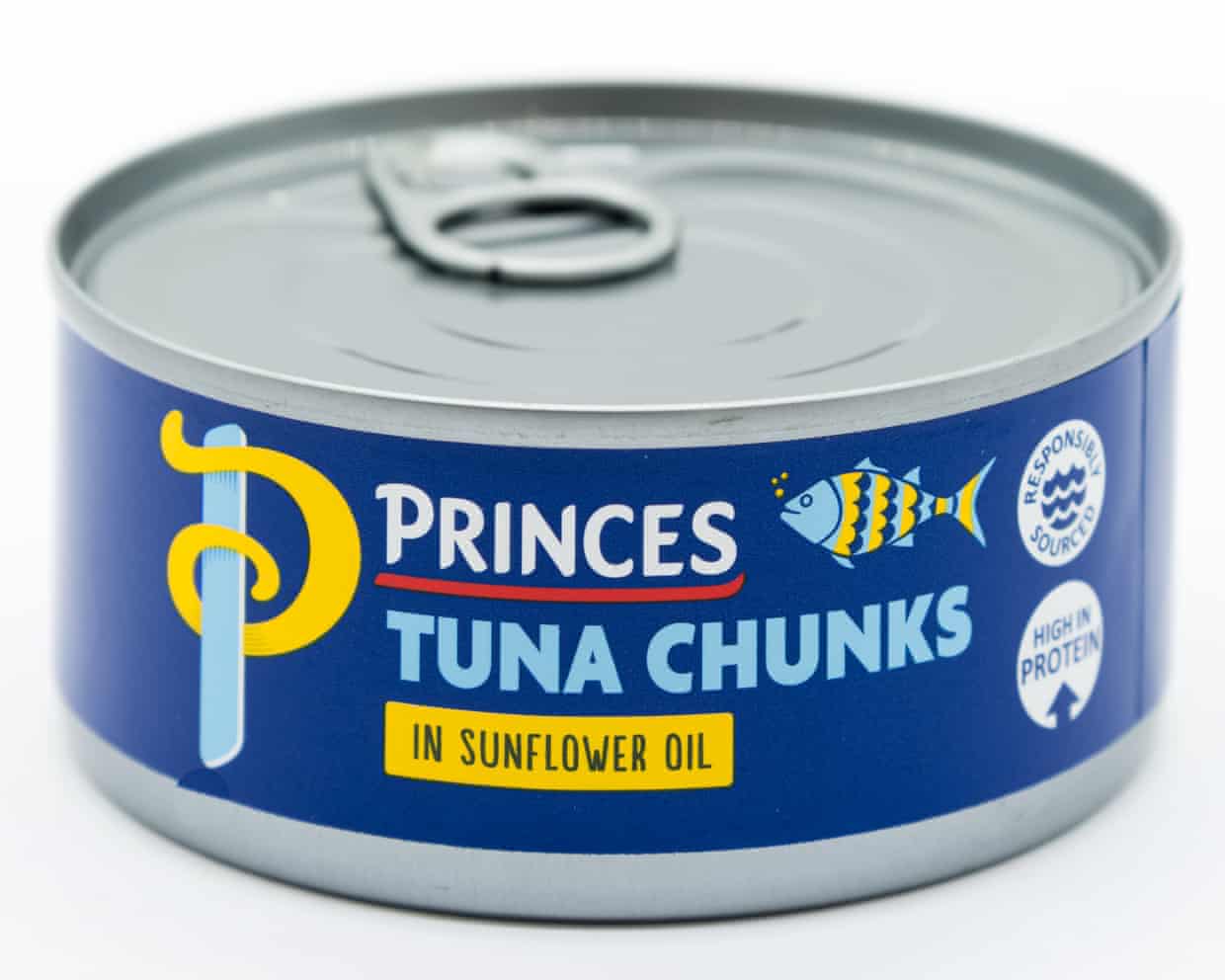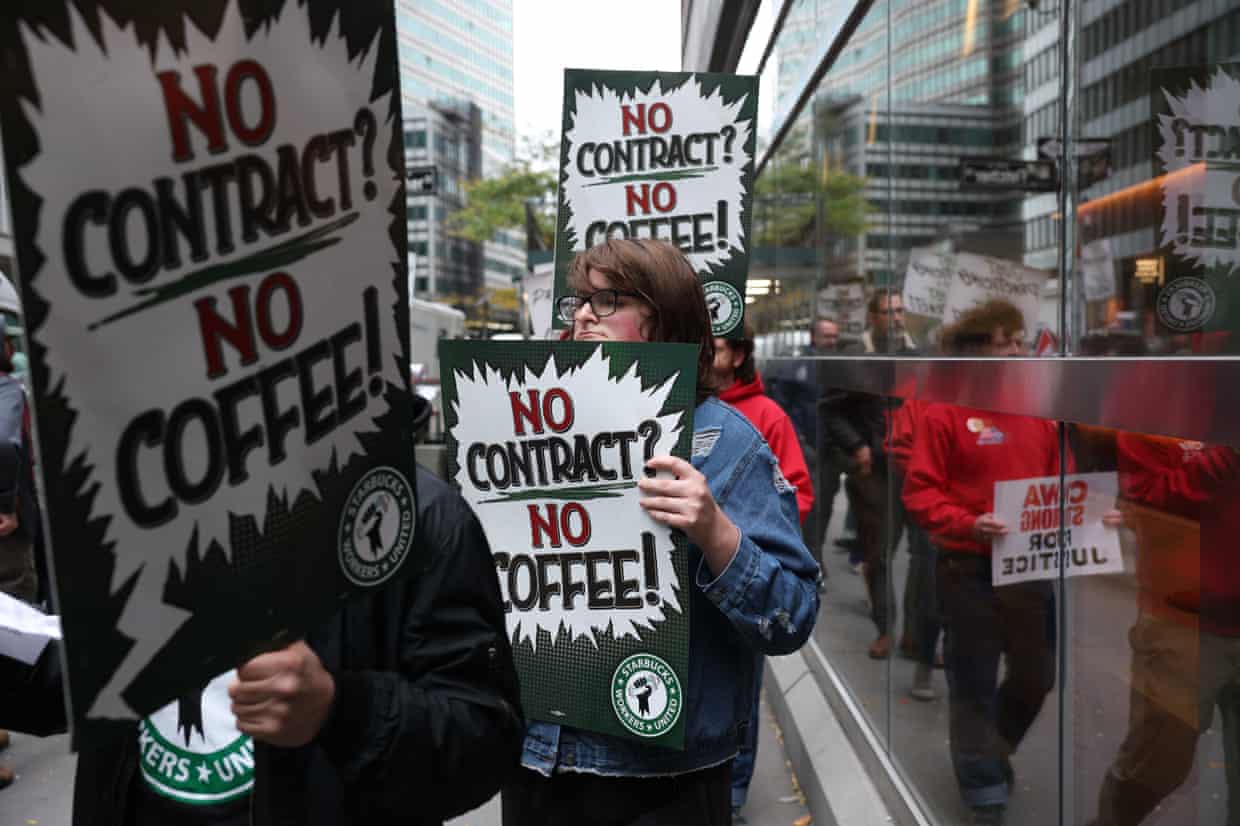The Next wave: how the clothing retailer spread its wings and made sales surge

Whatever Next? One of the UK’s largest clothing retailers is shrugging off its rather dull image and spreading its wings internationally, even as many high street rivals suffer.You may think of Next as a place to buy reliable work clothes, a nice cushion or to kit out the kids – it is the UK’s biggest children’s clothing seller.However, it has quietly been morphing into something much bigger.Its shop on London’s Oxford Street tells some of the story – it houses not only a giant kids clothing department, but a big men’s suiting section and womenswear.Many of the parents shopping there appear to be waiting for teenage daughters who are thronging the Victoria’s Secret section upstairs and the neighbouring Bath & Body Works and Gap stores.
We can expect to see an even broader range of labels appear within Next stores as, over the past five years, it has snapped up brands from Cath Kidston and FatFace to furniture group Made.It alsocontrols the UK rights to distribution of Victoria’s Secret, Bath & Body Works and Gap through joint ventures with their US parent groups.It is already selling these brands online.Under its leader, Simon Wolfson, known for producing chunky financial reports that give his detailed views on the economy as well as the Next’s performance, the company has also taken majority stakes in the UK brands Reiss and Joules, as well as smaller investments in the sofa maker Swoon, outdoorwear brand Sealskinz and quirky homeware label Rockett St George.Next has also built a plethora of licence deals, including Ted Baker, AllSaints kids ranges and Laura Ashley homeware and fashion.
Last year sales of non-Next brands online in the UK topped £1bn, up from £434m five years ago and more than 40% of the business’s online sales.Overseas, non-Next products made up a fifth of the group’s £930m international sales last year.Richard Chamberlain, a retail analyst at RBC Capital Markets, says that more effort on design, quality and marketing has also helped improve the appeal of the Next brand, and some of its smaller labels, overseas.Last year the company booked £930m of sales overseas, more than double the figure in 2020.And last week, Next said a 39% surge in international sales was largely behind a much stronger than expected performance this summer and that the company now expects to make annual profits of £1.
14bn – £30m more than expected.Emily Salter, a lead retail analyst at GlobalData, says: “Next’s range of brands and price positions allows it to cater to a wide range of consumers, including those who are focusing more on quality and trading up.”Next’s performance was helped by problems at its big rival Marks & Spencer, which was forced to close its online business for several weeks after an Easter cyberattack, and Next also cited an improvement in the flow of stock from its Asian suppliers compared with last year.However, the figures indicate that Next was able to hold on to some of those new shoppers even when M&S reopened, and that it is gaining a new fanbase overseas.It is not really about Next stores.
In the past five years Next has closed about 40 stores, taking its total to 457 in the UK.It has switched to larger, better-located spots, and UK retail sales are at about the same level they were five years ago.Sales of the Next brand continues to increase online, especially overseas, but that growth is being outpaced by its wholly owned, licensed and third party brands.Sign up to Business TodayGet set for the working day – we'll point you to all the business news and analysis you need every morningafter newsletter promotionNext has been able to sign up those brands after heavy investment in IT and logistics so that it can help operate websites and the delivery network required to make them fly.Richard Lim, the chief executive of Retail Economics research firm, says: “Next is so far ahead of the curve in terms of its multi-channel offer it is leaving many competitors behind.
”That is partly down to history.Next, which was founded in 1982 after the men’s tailoring firm J Hepworth & Son bought up the Kendalls rainwear stores to create a womenswear chain, has been steeped in home delivery from its early days.The Next Directory launched in 1988 to shake up the then fusty world of catalogue shopping, after the Hepworths bought the Grattan agency catalogue business.By the noughties, when online shopping began to take off, Next had all the logistical systems already in place so that it could make the transition much more smoothly than rivals.It has often led the pace on quick delivery and uses its big network of stores to offer a cheap option for picking up and dropping off parcels – something online specialists such as Asos struggle with.
Chamberlain says Next’s strengths lie in its “its relatively fast, automated logistics and its well developed customer loyalty and analytics,”

A third of people in England believe in ghosts, survey finds
It is the time of the year when the veil between the living and the dead is at its thinnest, and spirits walk the Earth once more.But it appears you are more likely to be visited by a ghost if you are under 35 years old, while spiritual creatures tend to avoid those who live in the East Midlands.New research from the National Folklore Survey has found that, across England, more than a third of people believe in ghosts and supernatural beings, but belief in the paranormal varies according to age and geography.Led by academics from Sheffield Hallam University, the University of Hertfordshire, and Chapman University in the US, the survey is the first of its kind since the last Survey of English Language and Folklore more than 60 years ago.Just over one in three people in England said they believed in ghosts or the spirits of the deceased, with younger people (aged 25-34) most likely to believe in the paranormal, which also includes magical beings, possession, spells, psychics, angels and demons

Arts organisations still in ‘funding limbo’ after crash of Arts Council England online portal
Arts organisations and artists have said they are still in “funding limbo” with mounting bills and uncertain futures after this summer’s crash of Arts Council England’s grant processing platform.ACE’s online portal, Grantium, was used by artists to submit and manage funding applications. But when it crashed in July, it left thousands of applications for vital funding in doubt – a situation that persisted for several months until applications reopened in late September.Individual artists and leaders of arts institutions have said that, after the crash, they received less money than initially offered by ACE, which is also accused of revoking funding application extensions for organisations affected by the collapse of the portal.ACE claimed the outage was caused by the inability of Grantium to operate with high traffic at a time when the system was being updated

Jimmy Kimmel on government shutdown: ‘There is no Republican plan for healthcare’
Late-night hosts recapped Donald Trump’s state visit to Japan as the government shutdown continued into its fourth week.On Jimmy Kimmel Live!, the comedian checked in on Trump’s visit to Japan this week. “You know, when Trump visits, you have to find something to do with him,” he said. “You can’t just take him for a stroll around town.“So instead, you take him for a stroll inside a palace, where he gets uncomfortably close to the band,” he said over footage of Trump wandering aimlessly through a ballroom with the Japan’s prime minister, Sanae Takaichi

Man who won damages over Richard III film calls for more regulation of fact-based drama
A university executive who won damages over his portrayal in Steve Coogan’s film The Lost King has urged Ofcom to strengthen regulation of fact-based drama, after what he described as a three-year “anxious, stressful and hurtful” ordeal.Richard Taylor, formerly deputy registrar at the University of Leicester, sued Coogan as well as the film’s production company, Baby Cow, and the distributor Pathé over his portrayal in the 2022 film about the discovery of Richard III’s remains in a Leicester car park.The parties reached a settlement requiring damages, a clarification to appear on the film, and an undertaking not to repeat the defamatory claims. A judge had found Taylor was shown in an “unrelentingly negative and defamatory” light.Taylor said Ofcom needed “clearer guidance” to stop similar misrepresentations happening in future

Jon Stewart on Trump’s taunts of an illegal third term: ‘We know he’s thought about it’
Late-night hosts reacted to Donald Trump’s taunts about an illegal third presidential term and his demolition of the East Wing of the White House.From his Monday night post on the Daily Show, Jon Stewart assessed the threat of Trump attempting to run for a third term as president, which is illegal under the 22nd amendment to the constitution.Asked by reporters for his thoughts on comments by Steve Bannon that he had a plan for such a campaign, Trump answered: “I would love to do it ..

Steve Coogan says Richard III film was ‘story I wanted to tell’ as he agrees to libel settlement
Steve Coogan has said his film about the discovery of the remains of Richard III was “the story I wanted to tell, and I am happy I did” after he and two production companies agreed to pay “substantial damages” to settle a high court libel claim over the film’s portrayal of a senior university administrator.Richard Taylor, deputy registrar at the University of Leicester at the time of the find, sued Coogan, his production company Baby Cow, and Pathe Productions for libel over his portrayal in the 2022 film The Lost King, which follows the amateur historian Philippa Langley and her search for the king’s skeleton.Taylor’s lawyers had asserted previously that he was portrayed in the film as “devious”, “weasel-like” and a “suited bean-counter”.Judge Lewis had ruled previously that the film portrayed Taylor as having “knowingly misrepresented facts to the media and the public” about the find, and as being “smug, unduly dismissive and patronising”, which had a defamatory meaning.The case was due to proceed to trial, but lawyers for Taylor read an agreed statement to the court on Monday saying the parties had settled the claim

The Next wave: how the clothing retailer spread its wings and made sales surge

Champagne body attempts to buck Delevingne sisters’ marketing fizz

‘The money machine is misfiring’: City blames Brexit for UK’s £20bn productivity headache

Tinned tuna maker Princes floats at nearly £1.2bn in boost for London

Starbucks workers hold strike vote amid anger over pay and conditions

UK house price growth slows as buyers ‘sit on sidelines’ before budget